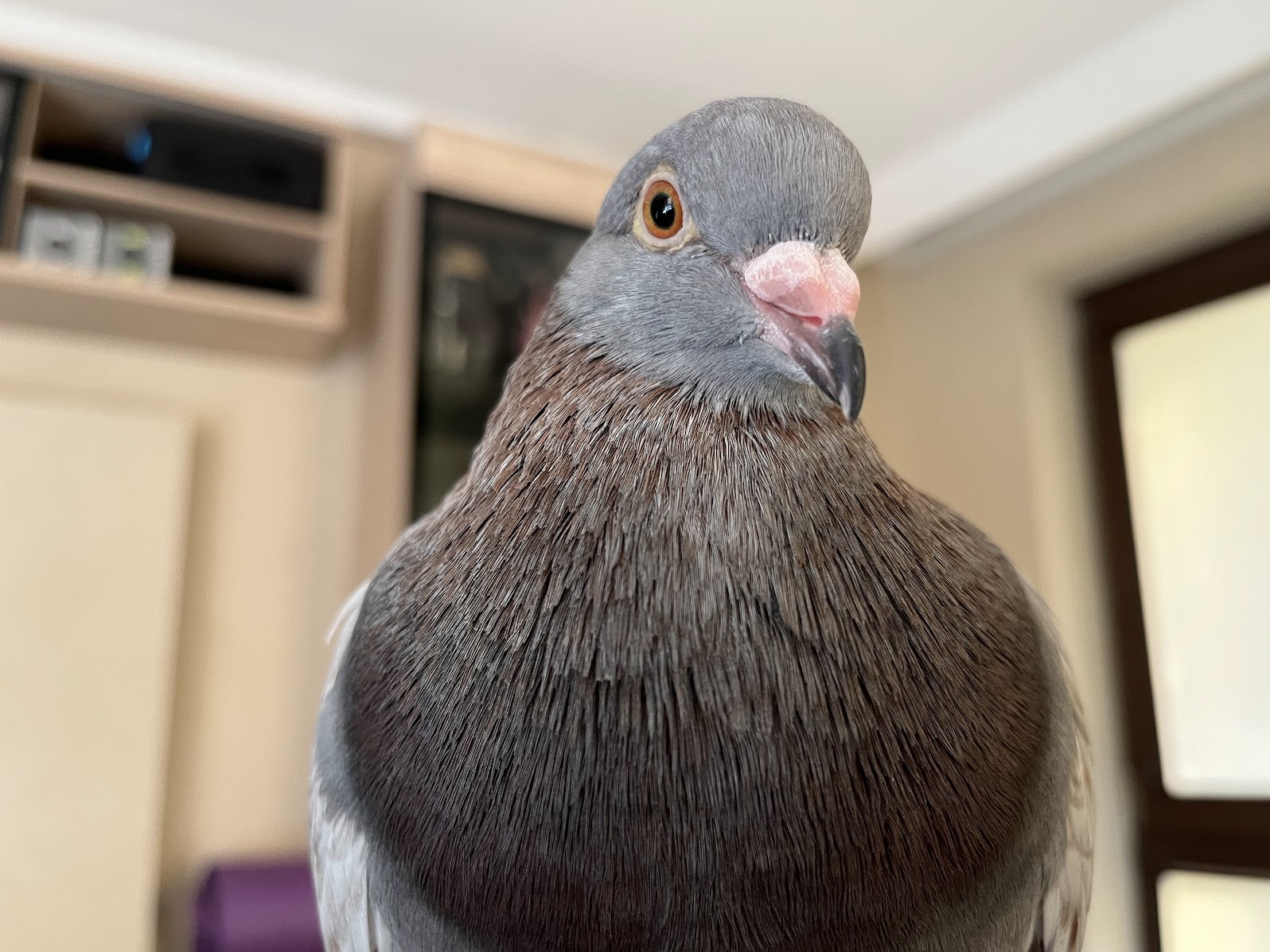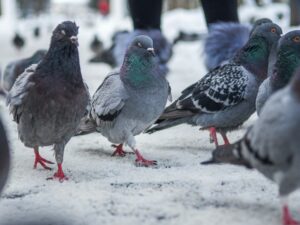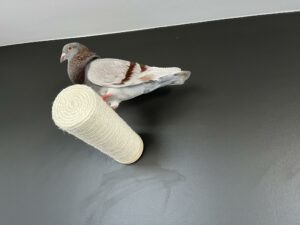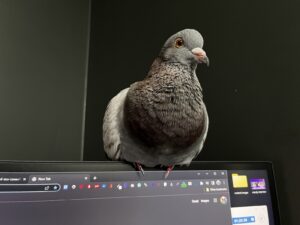Here is all you need to know about keeping pigeons as pets.
As a proud pigeon pet owner, I’ve spent countless hours observing, caring for, and bonding with these fascinating creatures.
I believe it’s high time to shed some light on these misunderstood birds and share a glimpse into the rewarding experience of keeping pigeons as pets.
In this article, we’ll take a deeper dive into the world of pigeons as pets. We will explore the different species of pigeons, debunk some common myths, and outline the benefits and challenges of keeping these birds as pets.
As we navigate through the details of their care, including housing, nutrition, and health, I’ll share my personal experiences and insights.
If you’re considering adopting a pigeon or simply curious about what it’s like to have one as a pet, this article will provide a comprehensive guide and hopefully inspire a newfound appreciation for these remarkable birds.
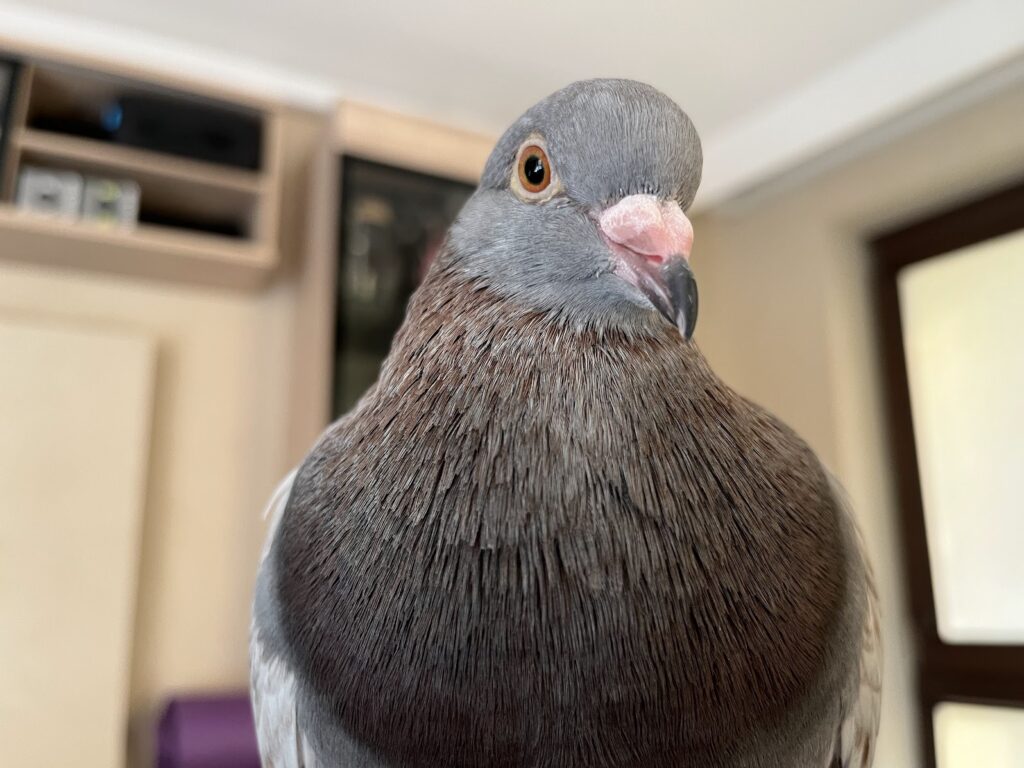
Pigeons as pets – Table of contents
Pigeons as pets – understanding pigeons
Before getting a pigeon, it’s good to know about the different kinds, what they do, and how smart pigeons are.
(Pet) Pigeon Species and Types
There are hundreds of pigeon breeds, each with unique physical characteristics and behaviors. The most common ones include:
- The Rock Pigeon, or Columba livia, is the most common breed kept as pets. They are robust and adaptable, with varying colors ranging from white and gray to black.
- Fancy pigeon breeds, such as the curly-feathered Frillback, the large and robust Pouter, and the acrobatic Tumbler, are also popular among enthusiasts for their unique features.
Pigeon Behaviors and Characteristics
The most common characteristics of pigeons include:
- Pigeons are known for their friendly and social nature. They are often seen in flocks and form strong pair bonds, often mating for life.
- Their behavior can be quite communicative, using a series of coos, wing slaps, and body movements to interact with one another.
- Pigeons also display homing behavior, always returning to their nest or roost. As pets, they can be quite affectionate and enjoy human company.
Check these articles about pigeons:
Intelligence and Navigation Capabilities of Pigeons
Pigeons are remarkably intelligent:
- Studies have shown that they can recognize themselves in a mirror, a trait shared with only a handful of other animal species.
- They can also understand abstract concepts like time and space. Pigeons are most famous for their extraordinary navigation abilities.
- They can remember their home location and find their way back over long distances, making them valuable as carrier pigeons.
- They navigate using a variety of cues such as the Earth’s magnetic fields, the sun’s position, and visual landmarks.
- Their intelligence and navigational skills are just a couple of the qualities that make pigeons such fascinating pets.
Check these articles:
Pigeons as pets – Myths
There are numerous misconceptions surrounding pigeons, many of which cast these intelligent birds in an unfavorable light. Let’s set the record straight.
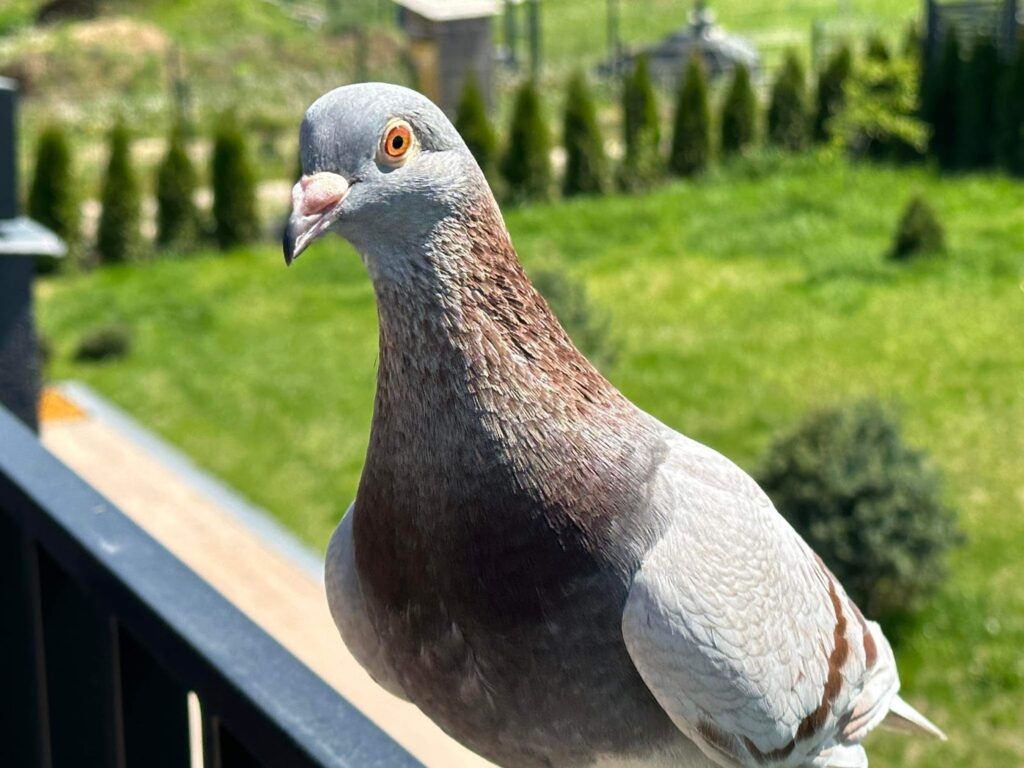
Addressing Common Misconceptions about Pigeons
- Pigeons are dirty and carry diseases: Pigeons, like all creatures, can carry diseases, but they are not inherently dirty or disease-ridden. They preen and clean themselves regularly. Most diseases associated with pigeons pose minimal risk to healthy humans and are easily preventable with good hygiene and care.
- Pigeons are pests: Often labeled as “rats with wings,” this reputation is largely due to the overpopulation of pigeons in urban areas. However, this is more a reflection of human behavior (such as overfeeding) than of the pigeons themselves. When kept as pets or in appropriate numbers, pigeons are not pests.
- Pigeons are unintelligent: Contrary to this belief, pigeons are highly intelligent. They can recognize themselves in mirrors, understand abstract concepts, and even learn to perform tasks for rewards.
Check these articles too:
Clarifying Health Concerns Related to Pigeons
Health concerns often arise when discussing pigeons as pets, mostly due to their association with urban environments. Here are the facts:
- Disease transmission: While it’s true that pigeons can carry diseases, the risk of transmission to humans is generally low, especially with pet pigeons that are well cared for. Diseases can be further prevented by practicing good hygiene, like washing hands after handling the birds and keeping their living spaces clean.
- Allergies: Some people might be allergic to pigeons, or more specifically, to their feathers or dander. However, this is true for any pet with feathers or fur.
- Zoonotic diseases: Pigeons can carry certain zoonotic diseases (those that can be passed from animals to humans), such as psittacosis or salmonellosis. But these are rare, and the risk can be minimized with regular veterinary care and proper hygiene.
While there are certain health considerations to keep in mind, the risks associated with keeping pigeons as pets are no greater than those with other pets when properly cared for.
To learn more check these articles:
Why Keep Pigeons as Pets?
Keeping pigeons as pets may seem unconventional to some, but they bring a host of benefits that make them excellent companions.
Keeping pigeons as pets pros and cons
Pigeons can be great pets, but it’s important to weigh the pros and cons before making the decision to get one.
By understanding the potential positives and negatives of pigeon ownership, you can decide if a pigeon is the right pet for you.
In this section, I’ll cover the benefits and challenges of keeping a pigeon as a pet.
Pros of Keeping a pet pigeon
- Pigeons can be affectionate and bond with their owners.
Like other pets, they can form strong emotional connections with their caregivers and become attached to them. - They are relatively low maintenance and inexpensive to care for.
Pigeons do not require the same level of attention and grooming as some other pets, and their diet is relatively simple and inexpensive. - Pigeons can be trained to do tricks and fly on command.
With patience and positive reinforcement, it is possible to teach a pigeon a variety of tricks, such as flying to a specific location or performing a specific behavior on command. - Pigeons are intelligent birds.
They are capable of learning and adapting to new environments, and they can be very curious and playful. - Pigeons are social animals and enjoy the company of other pigeons.
If you have the space and resources to keep more than one pigeon, they can provide each other with companionship and entertainment.
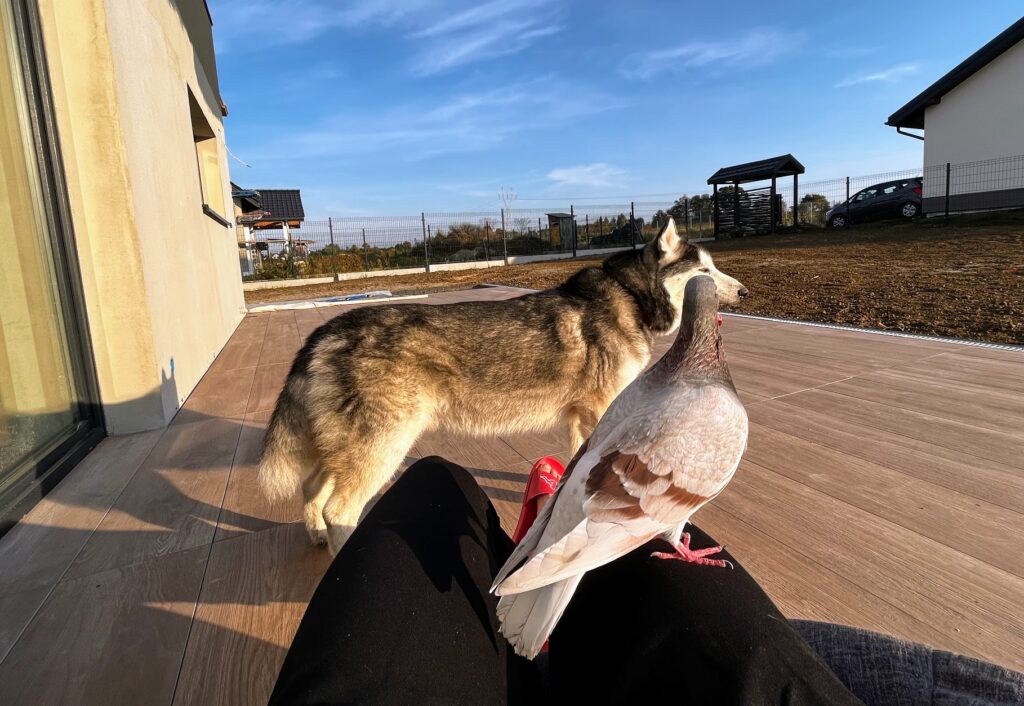
Cons of keeping pigeons as pets
Before you decide to get a pigeon as a pet, it’s important to consider the potential downsides.
- Pigeons are not as popular as traditional pets, so finding a veterinarian who is knowledgeable about their care can be difficult.
It can be challenging to find a veterinarian who is familiar with the specific health needs of pigeons, which can make it difficult to get the medical care that your pigeon needs. - Pigeons may not be suitable for people with allergies.
Some people are allergic to birds, and pigeons can trigger these allergies. If you have allergies or are prone to respiratory issues, it’s important to carefully consider whether a pigeon is the right pet for you. - Pigeons can be noisy.
Pigeons coo and make other noises, which can be disruptive to people living in close proximity to neighbors. If you live in an apartment or other close-knit community, it’s important to consider the potential noise impact of a pigeon. - Pigeons may not be suitable for people who travel frequently.
Pigeons require regular care and attention, so if you are frequently away from home for extended periods of time, it may not be practical to have a pigeon as a pet. - Pigeon poop can be a mess to clean up.
Like any animal, pigeons produce waste that needs to be cleaned up regularly. If you are not comfortable with the idea of handling and disposing of pigeon poop, it may not be the right pet for you.
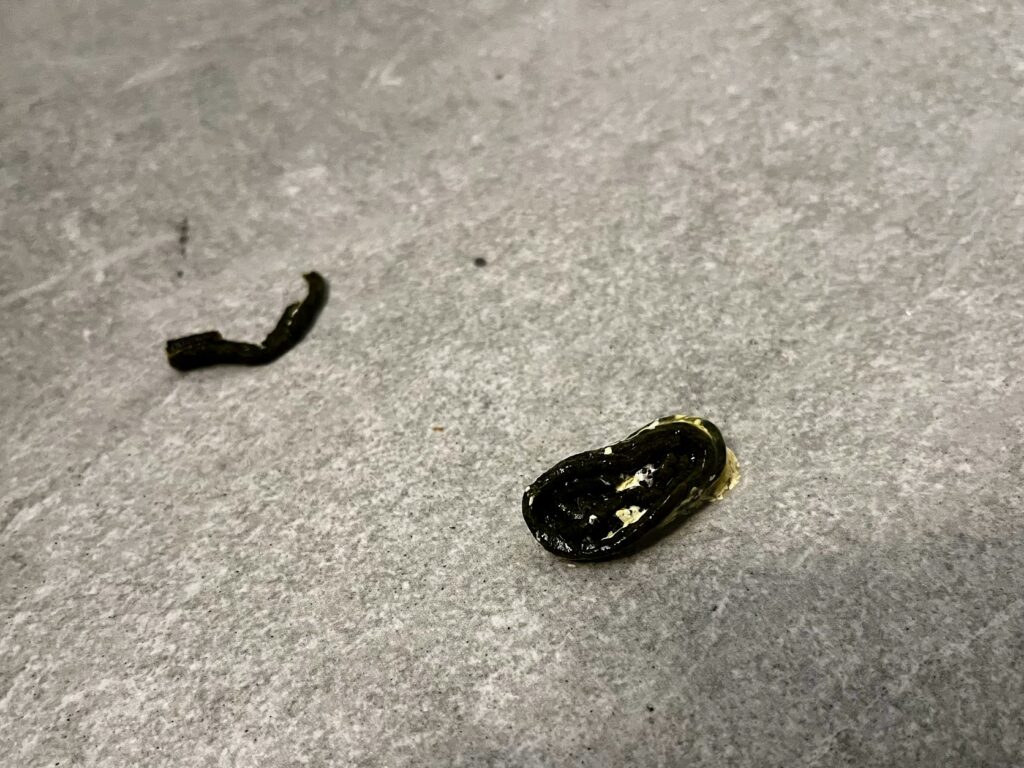
Preparing to Adopt a Pet Pigeon
Before you bring a pigeon into your home, it’s essential to prepare and consider several factors to ensure a good fit.
Important Considerations Before Adopting a Pigeon
- Lifespan and Commitment: Pigeons have a relatively long lifespan, often living up to 15-20 years in captivity with proper care. Adopting a pigeon is a long-term commitment that requires consistent care throughout their life.
- Space and Environment Requirements: Pigeons need a safe and comfortable space to live. They thrive in spacious environments that allow them to fly. Housing should be secure from predators and protected from extreme weather conditions.
- Interaction and Socialization: Pigeons are social animals that need regular interaction. They enjoy the company of other pigeons, so consider adopting in pairs. Regular interaction with their human caretakers is also beneficial for their emotional wellbeing.
Finding a Pigeon to Adopt: Breeders, Rescues, and More
Once you’re ready to adopt, there are several places to find pigeons:
- Breeders: Breeders often have a variety of pigeon breeds available. Make sure to find a reputable breeder who prioritizes the health and well-being of their birds.
- Rescue Centers and Animal Shelters: Many pigeons in rescue centers are in need of a loving home. These organizations can also provide valuable advice and support for new owners.
- Pigeon Shows and Clubs: These events are excellent places to meet experienced owners, learn more about different breeds, and possibly find pigeons available for adoption.
Remember, adopting a pigeon, like any pet, is a significant responsibility. It requires time, resources, and a lot of love. But with proper preparation and commitment, it can be an incredibly rewarding experience.
Caring for Your Pigeon
Proper care of your pigeon encompasses housing, nutrition, health care, and enrichment. Understanding each aspect is essential for your pigeon’s wellbeing.
Pet pigeon housing needs
Proper housing and diet are essential for the health and well-being of your pigeon. Pigeons need a spacious, well-ventilated enclosure that provides plenty of room for them to move around and stretch their wings. The enclosure should also be protected from extreme temperatures and drafts.
- Pigeon Lofts or Large Cages: These should provide ample room for flight and should accommodate perches, food, and water containers comfortably.
- Safety and Comfort: Housing must be secure to protect from predators and insulated against extreme weather.
- Cleanliness: Regular cleaning and maintenance prevent the build-up of droppings and the spread of diseases.
Pet pigeon nutrition and diet
Pigeons need a diet (What do pigeons eat?) that is rich in nutrients and balanced in terms of protein, fat, and carbohydrates.
A good quality commercial pigeon feed is a good choice, but you can also supplement their diet with fresh fruits and vegetables.
It’s important to provide clean, fresh water at all times and to keep the food and water dishes clean to prevent contamination.
- Grains and Seeds: As granivores, pigeons primarily eat grains such as corn, wheat, barley, and peas.
- Grit: This aids in the digestion of seeds and should be included in their diet.
- Water: Clean, fresh water should be readily available.
- Treats: Fruits and vegetables can be given sparingly as treats.
Learn more about the pigeon diet:
- What Do Baby Pigeons Eat?
- Do Pigeons Eat Sunflower Seeds?
- Can Pigeons Eat Rice?
- Can Pigeons Eat Bread?
Health Care: Regular Check-ups and Common Health Issues
Attending to your pigeon’s health involves regular vet visits and awareness of common health issues.
Pigeons require regular health check-ups to ensure that they are in good health and to catch any potential health problems early on. It’s important to find a veterinarian who is knowledgeable about the specific health needs of pigeons. Pigeons also require regular grooming to maintain their feathers and keep them looking healthy. This includes periodic feather trimming and bathing.
- Regular Vet Visits: Routine check-ups are necessary for early detection of potential health problems.
- Common Health Issues: These can include respiratory infections, parasites, and injuries. Changes in behavior can often signal a health issue.
Exercise and Enrichment: Flying, Toys, and Social Interaction
To ensure your pigeon stays physically fit and mentally stimulated, consider the following:
- Flying Time: Allow your pigeon regular, supervised flying time outside their cage.
- Toys: Pigeons enjoy various toys, such as bells, mirrors, and ladders.
- Social Interaction: Regular interaction with their human caretakers and other pigeons is essential.
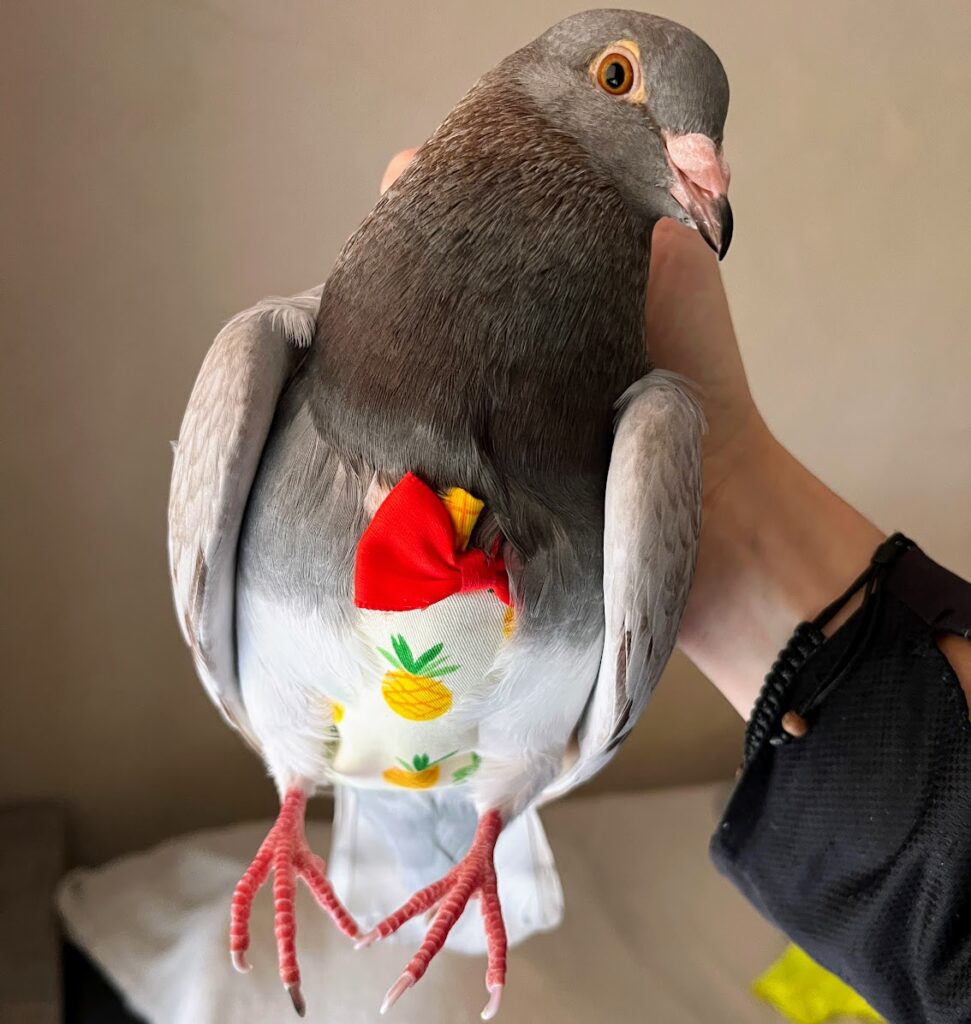
Training and behavior of a pet pigeon
Pigeons are intelligent birds and can be trained to do tricks and fly on command with patience and positive reinforcement.
Training can be a fun and rewarding activity for both you and your pigeon, and it can also help to strengthen the bond between you.
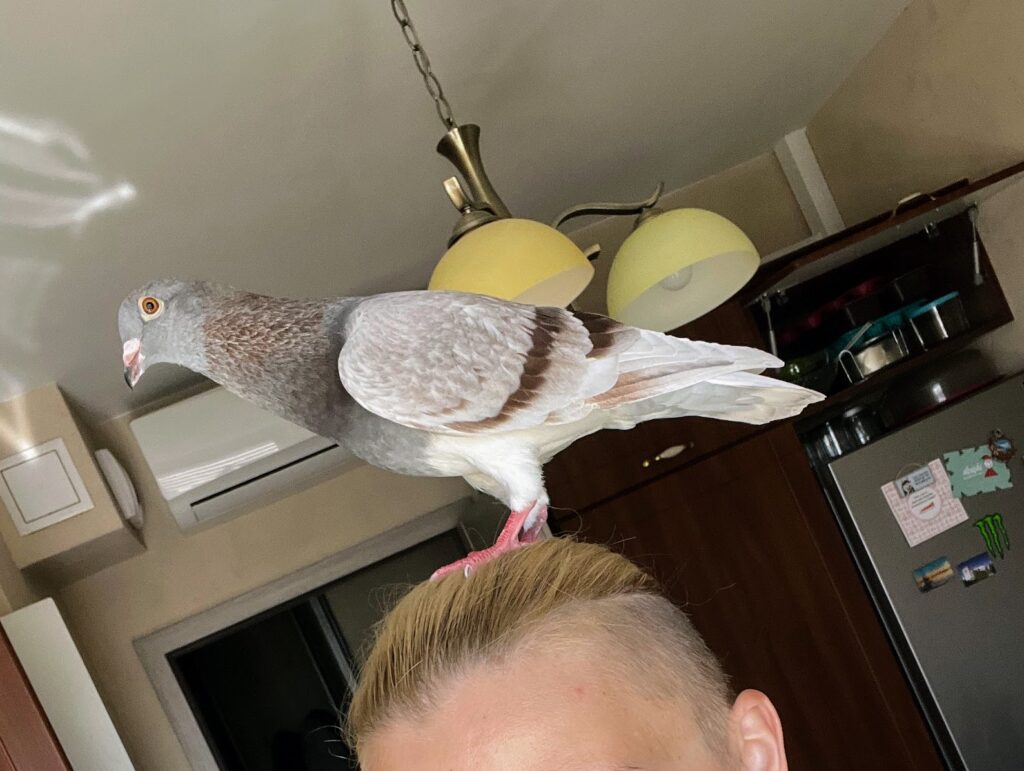
It’s important to be consistent and patient when training your pigeon, and to use positive reinforcement techniques such as treats and praise.
It’s also important to be aware of your pigeon’s body language and behavior, as this can help you to understand its needs and preferences.
Challenges of Pigeon Ownership
Although pigeon ownership can be deeply rewarding, it’s not without its challenges. Let’s take a closer look at these so you can make an informed decision about adopting a pigeon.
Time Commitment and Maintenance
Pigeon ownership is not a casual endeavor; it calls for a consistent and conscientious commitment.
- Daily Care: Pigeons, like any pet, rely on their owners for their daily needs. They need to be fed a balanced diet every day, which means providing a mix of grains and occasional treats. Their water supply must be refreshed daily to ensure they always have access to clean water. Moreover, they also need daily interaction. Pigeons are social birds and form strong bonds with their owners. They thrive on attention and enjoy spending time with their human caretakers.
- Loft or Cage Maintenance: A pigeon’s living space needs to be cleaned regularly. Droppings should be removed daily, and a more thorough cleaning should take place every week. This includes washing food and water containers and removing any wet or soiled bedding. Regular cleaning not only provides a pleasant living environment for your pigeon but also helps prevent the spread of diseases.
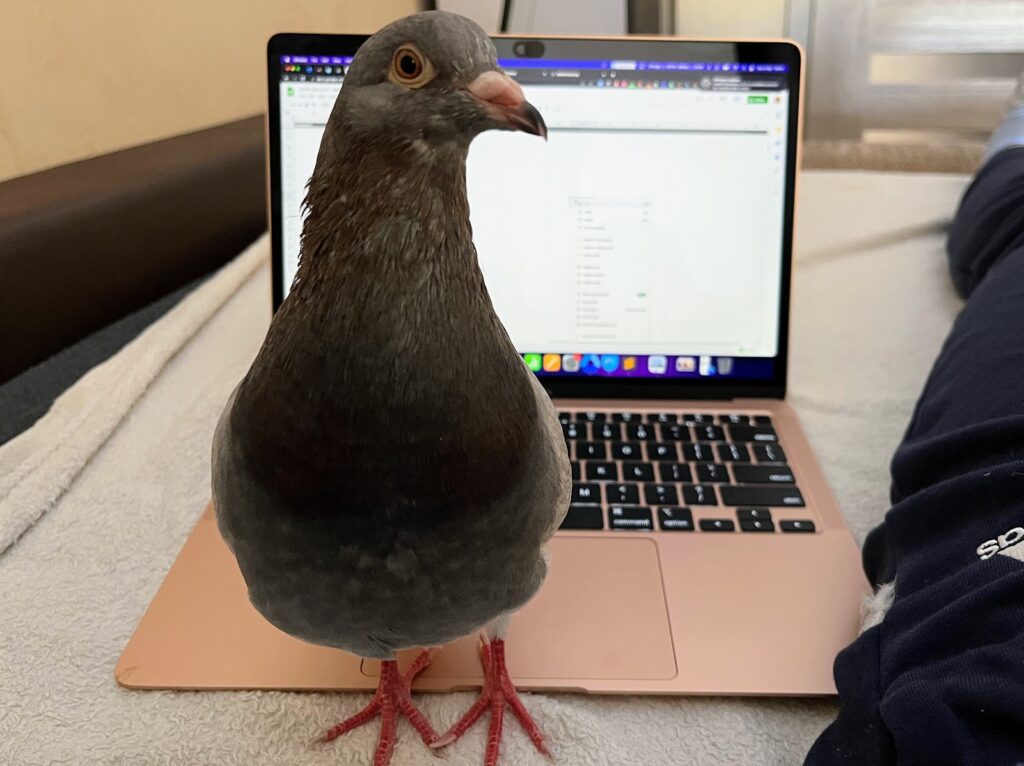
Potential Health Concerns
While generally robust, pigeons can face some health issues.
- Regular Vet Visits: Regular visits to an avian veterinarian are crucial to maintain your pigeon’s health. These check-ups can catch potential health problems early before they become serious. The vet can check for common pigeon health issues like respiratory infections, parasites, or injuries. Also, routine check-ups provide an opportunity for you to ask any questions or address any concerns about your pigeon’s health.
- Allergies: Some people may be allergic to pigeons, specifically their dander (small particles of skin that are shed along with feathers). Typical allergic reactions can include sneezing, coughing, or itchy eyes. If you or a family member have known allergies or develop these symptoms around pigeons, you might need to reconsider pigeon ownership or seek advice from a healthcare professional.
Are pet pigeons good companions?
Pigeons can make excellent companions for those who are willing to invest time and effort into building a relationship with them.
If you are open to the idea of a pigeon as a pet and are willing to provide the necessary care and attention, you may find that a pigeon is a delightful and rewarding addition to your household.
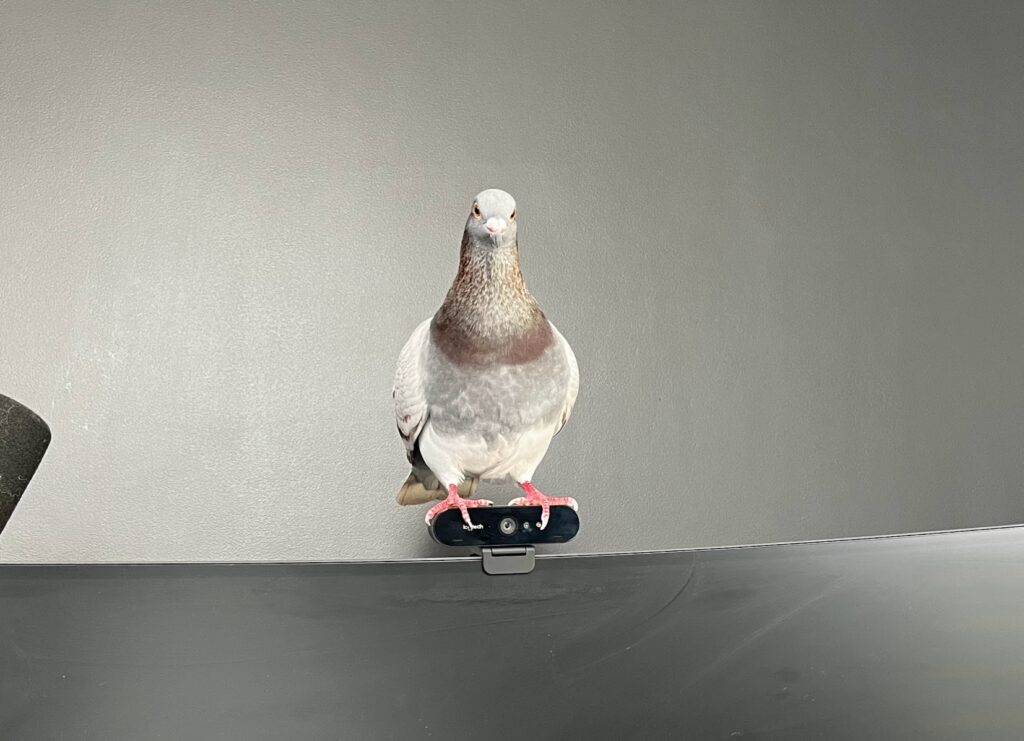
Keeping pigeons As Pets Rocks
I have had a variety of pets throughout my life, including dogs, cats, rats, hamsters, and rabbits. While I have loved all of my pets, I have to say that my beloved pigeon, Gerard, has been the best pet I have ever had.
One of the things that makes Gerard such a wonderful companion is his affectionate and social nature. He is always eager to spend time with me and seems to genuinely enjoy my company. He coos and cooes whenever I’m around, and he often follows me around the house as if he is trying to keep an eye on me.
Another thing that I love about Gerard is his intelligence and curiosity. He is constantly exploring his environment and trying to figure out how things work. He has even learned to do a few tricks on command, which is always a source of entertainment for both of us.
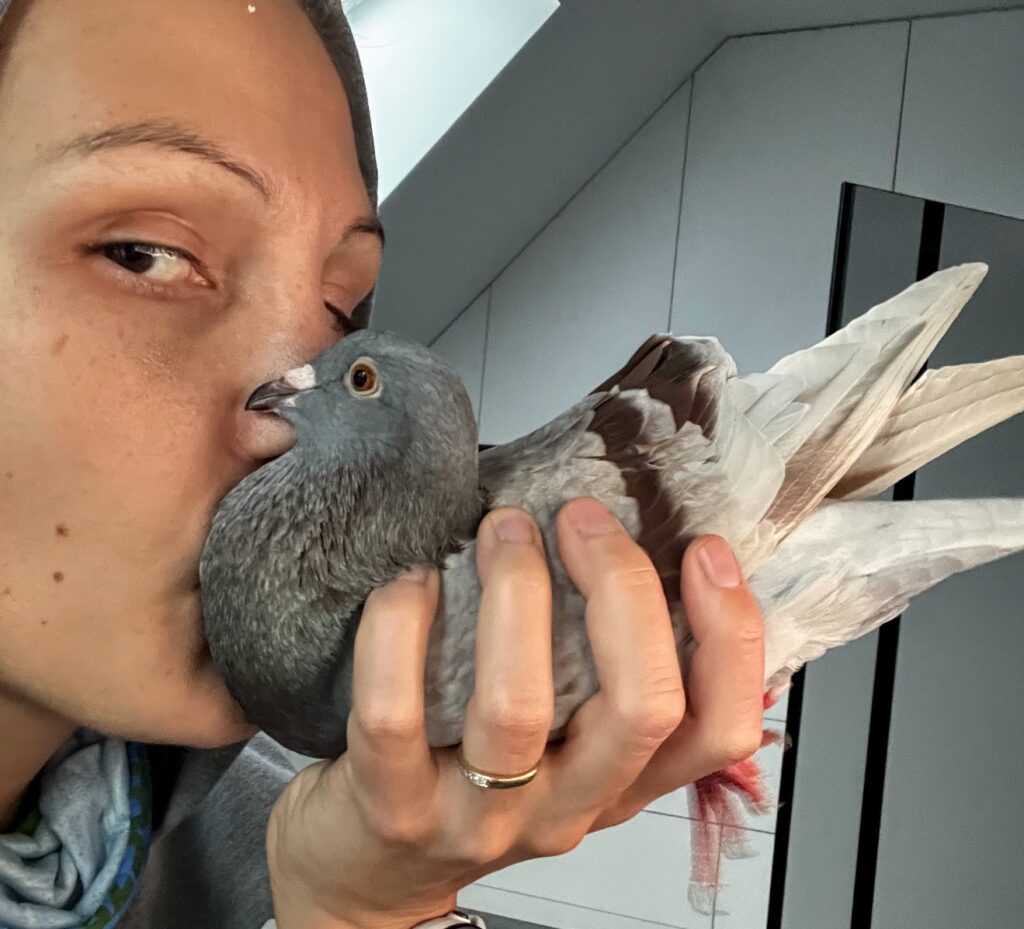
Despite his small size, Gerard has a big personality and has brought a lot of joy and companionship into my life. I am grateful to have him as a pet and can honestly say that he is the best pet I have ever had.
Pet Pigeons are awesome
To sum up, pigeons can be great pets for the right person. My own pigeon, Gerard, has been a wonderful companion and has brought a lot of joy and companionship into my life.
While there are some challenges to pigeon ownership, such as finding a veterinarian who is knowledgeable about their care and the need to clean up their waste, the rewards of having a pigeon as a pet can be well worth it. If you’re thinking about
Frequently asked questions about keeping pigeons as pets
And here are some of the most often-asked questions about keeping pigeons as pets.
How nice are pigeons as house pets?
Pigeons can make excellent house pets. They are intelligent, social, and adaptable birds, often forming strong bonds with their human caretakers.
Is a domesticated pigeon or dove the right choice for you?
A domesticated pigeon or dove could be the right choice for you if you’re looking for a pet that’s social, intelligent, and relatively low-maintenance. However, you should consider factors like lifespan, space requirements, and daily care before making a decision.
My pet pigeon flew away will it die or join a feral pigeon colony?
If your pet pigeon flew away, it might join a feral pigeon colony for survival. However, pet pigeons, especially those raised in captivity, may struggle to find food and avoid predators compared to their wild counterparts. It’s essential to ensure their living area is secure to prevent such incidents.
Would you like a romantic pair of white doves as pets or a rock pigeon flock?
The choice between a pair of white doves or a rock pigeon flock depends on personal preference. Doves are often seen as symbols of peace and love, while rock pigeons can be fascinating for their variety and social dynamics.
Do pigeons and doves make good pets?
Yes, pigeons and doves can make good pets. They are intelligent, relatively low-maintenance, and can form strong bonds with their human caretakers.
How much do pet pigeons cost?
The cost of pet pigeons can vary widely based on factors like breed, age, and where you get them from. On average, you could expect to spend anywhere from $20 to $100 per pigeon.
Are pigeons good pets for beginners?
Yes, pigeons can be good pets for beginners. They’re relatively easy to care for and are known for their docile and friendly nature. However, like all pets, they do require a commitment of time and resources.
How do you bond with a pet pigeon?
Bonding with a pet pigeon involves spending time with them, handling them gently and regularly, talking to them, and providing them with care and attention. Feeding treats from your hand can also help build trust.
What breed of pigeons is good for petting?
Many pigeon breeds can make good pets, but popular choices often include the King Pigeon, Fantail Pigeon, and the Roller Pigeon due to their gentle nature and attractive appearance.
Are doves messy pets?
Doves, like all birds, can be a bit messy. They can scatter seed while eating, and regular cage cleaning is necessary to maintain hygiene.
What are the best birds to keep as pets?
The “best” birds to keep as pets depend on your lifestyle, space, and what you’re looking for in a pet. Some popular pet bird species include canaries, budgerigars (budgies), cockatiels, and of course, pigeons and doves.
Do you want to keep pigeons as pets?
Keeping pigeons as pets can be a rewarding experience due to their sociable and intelligent nature. However, it’s essential to ensure you have the time, space, and resources to provide proper care for them.
Did you know this breed isn’t a terrier breed at all?
Keeping pigeons as pets can be a rewarding experience due to their sociable and intelligent nature. However, it’s essential to ensure you have the time, space, and resources to provide proper care for them.
Can you keep a pigeon as a pet?
Yes, pigeons can be kept as pets. They are sociable, intelligent, and can form strong bonds with their human caretakers. However, they require proper care, including a balanced diet, a safe living space, and regular interaction.
Are pigeons noisy pets?
Pigeons can make noise, particularly when they are cooing or communicating with each other. However, they are generally not as loud as some other pets, such as dogs or parrots. It’s important to consider the potential noise impact of a pigeon if you live in an apartment or other close-knit community.

